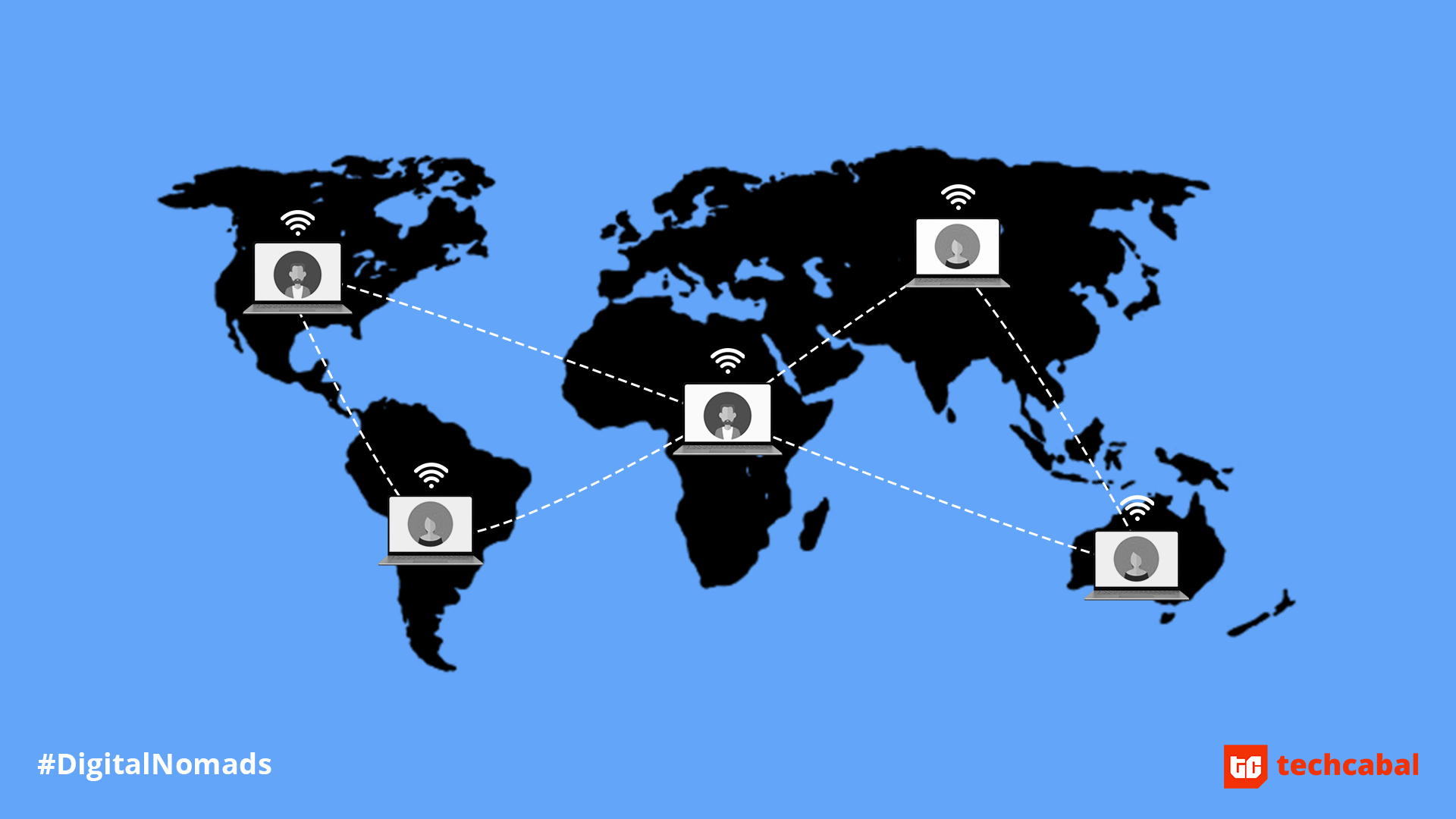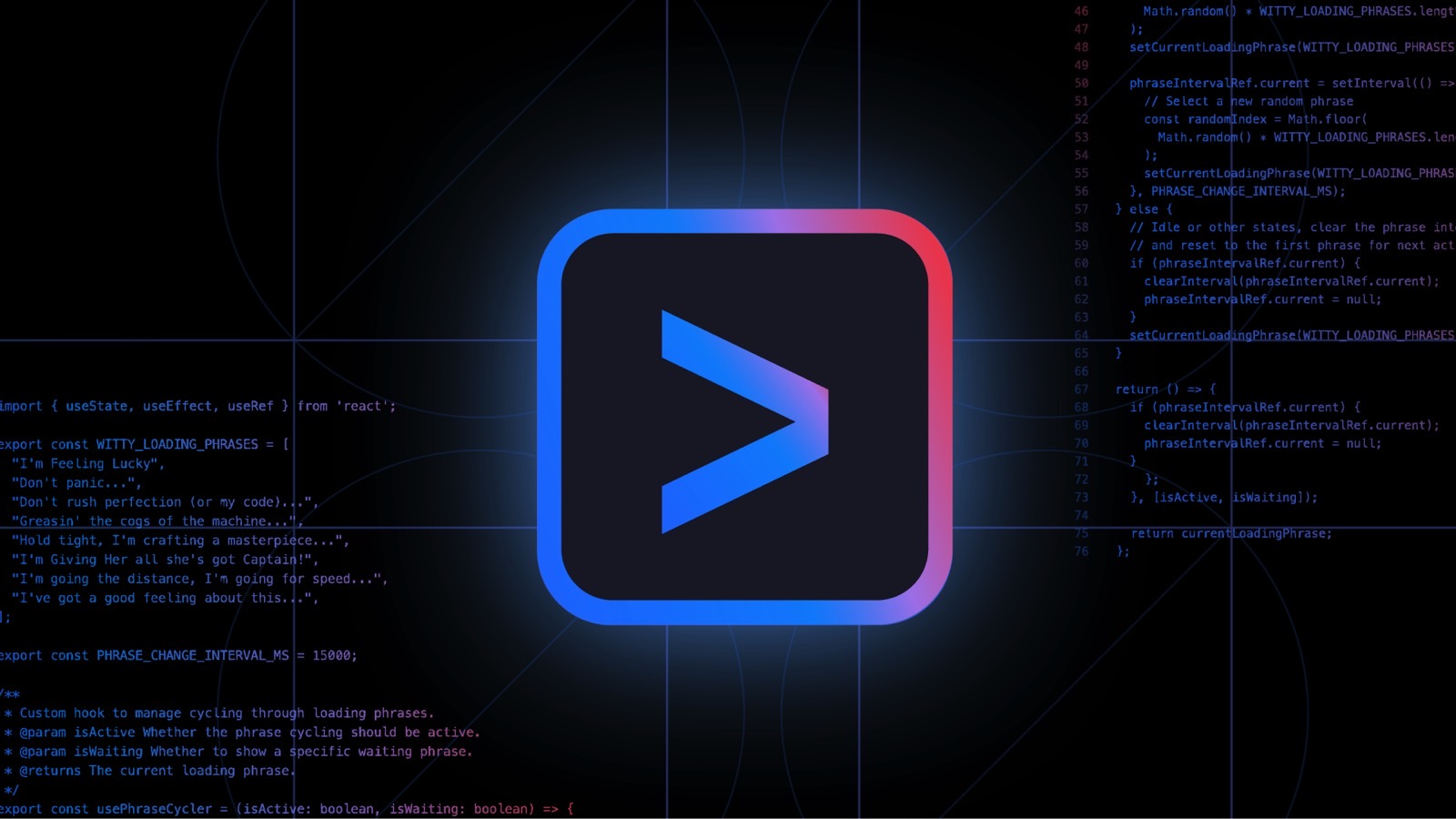Remote work adoption across Africa has grown significantly since the COVID-19 pandemic, with professionals in various fields now working for international clients from their home countries. This trend spans multiple industries, from technology and writing to consulting and data analysis.
Earnings vary widely depending on skills, experience, and market demand. According to Hubstaff’s freelancer report, African remote workers charged an average of $22 per hour as of 2020, though individual experiences differ considerably based on factors like client base, experience, specialisation, and working arrangements.
I spoke with 11 remote workers across Africa about their actual earnings, payment methods, and the daily realities of working internationally from the continent. Their experiences reveal the practical aspects of this growing employment trend.
$700-$1,000 per month – Bob, 28
- Location: Kenya
- Occupation: Freelance writer
- Work arrangement: Full-time freelance
- Clients: UAE, Japan, Australia
- How did you get started? I got started during university by offering academic writing and editing services on Upwork.
- How do you receive payments? PayPal, Payoneer, and M-Pesa
- How does this compare to local salaries? Locally, content writers might earn around $230–$530 per month, depending on experience and employer. So yes, freelancing internationally pays significantly more.
- What are your monthly expenses and does your income cover your expenses? My expenses total around $300 to $500 per month—that includes rent, groceries, internet, insurance, savings, and supporting a sibling’s education. My income covers these comfortably.
- Has remote work changed your lifestyle? Absolutely. I’ve been able to move out, support my family, and save for a master’s degree. I can also afford better healthcare and even travel occasionally.
- What challenges do you face? Power outages, unreliable internet in some areas, and currency exchange losses are common challenges. There’s also a lack of local legal protection when international clients delay or refuse payment.
- How do you maintain work-life balance? I set boundaries by defining my availability in each client’s time zone. I avoid late-night meetings and use tools like Calendly to stay organised.
$2,000-$5,000 per month – Christopher, 26
- Location: Nigeria
- Occupation: Structural engineer, voiceover artist & Linux programmer
- Work arrangement: Full-time remote plus part-time projects
- Clients: Audible, Carrillion Construction Company, plus own company
- How did you get started? I got started right from university. I was a member of the Google Developer Club.
- How do you receive payments? Chipper Cash
- How does this compare to local salaries? The difference is pretty clear… I mean, I’ve worked as a structural engineer in Nigeria, and I think the highest pay I ever received was about ₦300,000 ($200).
- What are your monthly expenses and does your income cover your expenses? My monthly expenses include domestic bills, family support, gadgets, etc. I can’t break it down precisely, but that’s roughly about ₦1-2 million ($650-$1,300) monthly. My jobs cover them perfectly, and I always have extra to invest in shares. I don’t do traditional savings.
- Has remote work changed your lifestyle? Yes, it has. I don’t worry about bills too much—I’ve got it covered. I live where I want because I don’t have to find accommodation close to work, and I get enough free time to hang out and take care of myself physically, mentally, and socially.
- What challenges do you face? None right now. It used to be network issues, electricity, and noise, but now it’s all sorted.
- How do you maintain work-life balance? I work at my own hours. Anything beyond that attracts a fee, and my clients are well-informed of that. So that helps me balance everything out.
$500-$1,500 per month – Mzwakhe, 39
- Location: South Africa
- Occupation: Software developer
- Work arrangement: Part-time
- How did you get started? I started working remotely during COVID-19.
- How do you receive payments? Bank EFT in local currency
- How does this compare to local salaries? What I’m earning is slightly below the market rate in South Africa.
- What are your monthly expenses and does your income cover your expenses? Domestic bills and internet service, and yes, it covers them.
- Has remote work changed your lifestyle? It has helped improve my standard of living, considering the time spent on preparation and commuting to work, plus traffic. I’ve saved on traveling expenses.
- What challenges do you face? Working longer hours than before.
- How do you maintain work-life balance? We normally connect via Teams communication platform, but sometimes time zones can be a challenge, especially with USA time zones—one has to compromise.
$1,000-$2,100 per month – Sentry, 30s
- Location: Nigeria
- Occupation: Flutter engineer
- Work arrangement: Full-time at GATE Studios and part-time at Bani Africa
- How did you get started? I began learning Flutter in 2021, but I started my tech journey in 2018.
- How do you receive payments? Payoneer (receives €1,000-2,100 monthly)
- How does this compare to local salaries? Exponentially higher than the average pay locally.
- What are your monthly expenses and does your income cover your expenses? Food, internet service, and other bills, and yes, it covers them comfortably.
- Has remote work changed your lifestyle? Yes, my standard of living has certainly improved. I’m able to provide more for my family and parents.
- What challenges do you face? The usual issues like power and internet make life a bit hard, but with solar setups, it can be mitigated somewhat.
- How do you maintain work-life balance? As long as deadlines are met, remote work offers maximum flexibility.
$400-$1,300 per month – Cecilia Tembo, 25
- Location: Malawi
- Occupation: Pharmacovigilance consultant at IQVIA-Kenya, and other companies
- Work arrangement: Full-time and part-time (on GSK PV Enhancement Project)
- How did you get started? I secured this role through a competitive interview process following my application.
- How do you receive payments? Bank transfer.
- How does this compare to local salaries? Given the current exchange rate of approximately 1,700 Malawian Kwacha to the dollar, this is significantly higher than the average monthly earnings for most people and well above what individuals typically earn in similar jobs locally.
- What are your monthly expenses and does your income cover your expenses? My monthly expenses include home bills, data, and electricity, and yes, it does cover them.
- Has remote work changed your lifestyle? It has significantly improved my standard of living. I have another source of income that is location-based, so combined, I am comfortable.
- What challenges do you face? One major challenge is dealing with power outages and inconsistent internet service, which can disrupt work, especially during meetings. Time zone differences can also be tough—sometimes I have to take calls very early or late in the day.
- How do you maintain work-life balance? I set clear boundaries with my employer regarding my working hours and use tools like Google Calendar to keep track of my activities. I also prioritise taking breaks, sticking to a routine, and logging off after work hours.
$2,000 per month – Anonymous, 30
- Location: Nigeria
- Occupation: Data analyst
- Work arrangement: Full-time with international team
- How did you get started? I got the role after someone shared the opportunity in the She Code Africa community.
- How do you receive payments? GTB domiciliary account
- How does this compare to local salaries? I think it’s pretty decent compared to what many data analysts earn in Nigeria.
- What are your monthly expenses and does your income cover your expenses? To an extent, yes. My income covers most of my essential expenses comfortably.
- Has remote work changed your lifestyle? Definitely. It has allowed me to explore other hobbies and travel within Africa.
- What challenges do you face? For now, no major ones. I’ve managed to sort out power and internet issues, although the internet can occasionally be challenging.
- How do you maintain work-life balance? I just try to align with their time zones as much as possible. I currently work with people across five different time zones—it can be a lot, but it’s manageable with good planning.
$1,500 per month – Bongani, 35
- Location: South Africa
- Occupation: Media consultant
- Work arrangement: Part-time
- Clients: Non-profit organisations in Zimbabwe
- How did you get started? I am a media consultant. I work with mostly non-profit organisations in Zimbabwe.
- How do you receive payments? Via bank transfer
- How does this compare to local salaries? It is significantly higher, higher than when I was doing the same job full-time locally.
- What are your monthly expenses and does your income cover your expenses? Car insurance, medical aid, petrol, rentals, black tax, food, clothes, and school fees for my child.
- Has remote work changed your lifestyle? It has significantly improved my life and lifestyle. I have surplus income and try to live below my means as I’m also saving and investing.
- What challenges do you face? It can be lonely—no one to physically engage and interact with.
- How do you maintain work-life balance? I have boundaries. I am only doing what I’m contracted to do during the agreed-on hours. No extra work beyond that.
Project-based income – Tulani Ngwenya, age undisclosed
- Location: South Africa
- Occupation: Editor & investigative reporter
- Work arrangement: Project-based freelance
- Clients: Oxpeckers, Southern Africa Accountability Journalism Project, international outlets
- How did you get started? I started out as a community/local news journalist. I built connections with global NGOs and media networks, focusing on governance and environmental issues.
- How do you receive payments? Direct bank transfers in USD
- How does this compare to local salaries? My income ranges 3–8x higher than local newsroom salaries. For example, a senior reporter in Johannesburg might earn $1,900 USD, but my work pays more. However, I cover all my own equipment, travel, and healthcare expenses.
- What are your monthly expenses and does your income cover your expenses? Major costs include rent, data, travel, and equipment maintenance. In lean months, income just covers basics. During stronger months, I save 30% for taxes and emergencies.
- Has remote work changed your lifestyle? Yes, it has improved my standard of living.
- What challenges do you face? Power and internet issues remain challenges.
- How do you maintain work-life balance? I maintain work-life balance by blocking ‘offline hours’ and using scheduling tools like Calendly. Deadlines dictate my schedule—if edits are needed at 2 AM elsewhere, I deliver. I reclaim time after big projects by disconnecting completely.
$2,000+ per month – Obadoni Emmanuel, 25
- Location: Nigeria
- Occupation: Machine learning engineer & Co-founder, Vagaaiden Labs
- Work arrangement: Full-time co-founder
- How did you get started? My journey kicked off with teaching myself to code online. I started building real-world projects and sharing them on X, which turned out to be a total game-changer.
- How do you receive payments? Grey, Access Bank domiciliary, PayPal, and cryptocurrency
- How does this compare to local salaries? It’s way better than what most tech folks earn locally in Nigeria. Remote work has provided me with higher income, more freedom, and a global stage to operate on.
- What are your monthly expenses and does your income cover your expenses? My main costs are internet, power supply, food, and some startup expenses for Velen AI. My income covers all of it with room to save and reinvest.
- Has remote work changed your lifestyle? One hundred percent. I’ve been able to support my family, upgrade my equipment, invest in myself, and even fund Velen AI. Remote work handed me financial freedom and possibilities I couldn’t have dreamed of before.
- What challenges do you face? Unstable internet and power outages are the real sources of frustration. Getting paid globally can also be a hassle, but I navigate those challenges with PayPal, Grey, and cryptocurrency.
- How do you maintain work-life balance? I set clear boundaries, stick to a routine, and let clients know when I’m available. It’s not always smooth—remote work is great, but burning the midnight oil every night gets old. Still, I wouldn’t trade it.
$500-$1,000 per month – Chukwunonso, 24
- Location: Nigeria
- Occupation: Tech support & Workflow automation
- Work arrangement: Full-time with Central American company
- How did you get started? I transitioned to tech from a predominantly commercial background. A friend of mine referred me to a company abroad that needed someone for tech support.
- How do you receive payments? Cryptocurrency
- How does this compare to local salaries? Considering it’s essentially equivalent to an internship role, I’d say it’s considerably better than most of what you’ll find in Nigeria.
- What are your monthly expenses and does your income cover your expenses? My monthly expenses are basically savings targets and personal enjoyment. I wouldn’t say they’re covered comfortably, but they’re covered to an extent.
- Has remote work changed your lifestyle? Not really—I’ve always been living above my means. I’d say now I’m just living within my means.
- What challenges do you face? I don’t actually face significant challenges. I live with family, and there’s always Wi-Fi in the house.
- How do you maintain work-life balance? I try to maintain my own schedule and work hours. This is important because work hours in remote positions can get blurred.
$500 per month – Dvirus, 28
- Location: Nigeria
- Occupation: IT Support Engineer
- Work arrangement: Part-time and full-time for different companies
- How did you get started? Started from Freelancer.com, worked my way into offline recommendations.
- How do you receive payments? Grey Finance
- How does this compare to local salaries? The best Nigerian roles offer ₦200,000 – ₦250,000 ($130-$165) on Lagos Island, ₦100,000 – ₦150,000 ($65-$100) on the mainland for approximately 22 working days. Minus transportation costs on the island, you’re earning about ₦150,000 ($100). So this is better.
- What are your monthly expenses and does your income cover your expenses? Regular bills, and yes, it does cover them.
- Has remote work changed your lifestyle? Yes, it has, in many ways. I pay bills comfortably.
- What challenges do you face? Internet issues. For electricity, I have a 1kW solar power station.
- How do you maintain work-life balance? It’s an easy transition, especially when you: 1) Have a purpose, 2) Know your goals, 3) Stay disciplined with lifestyle choices.
Mark your calendars! Moonshot by is back in Lagos on October 15–16! Join Africa’s top founders, creatives & tech leaders for 2 days of keynotes, mixers & future-forward ideas. Early bird tickets now 20% off—don’t snooze! moonshot..com









